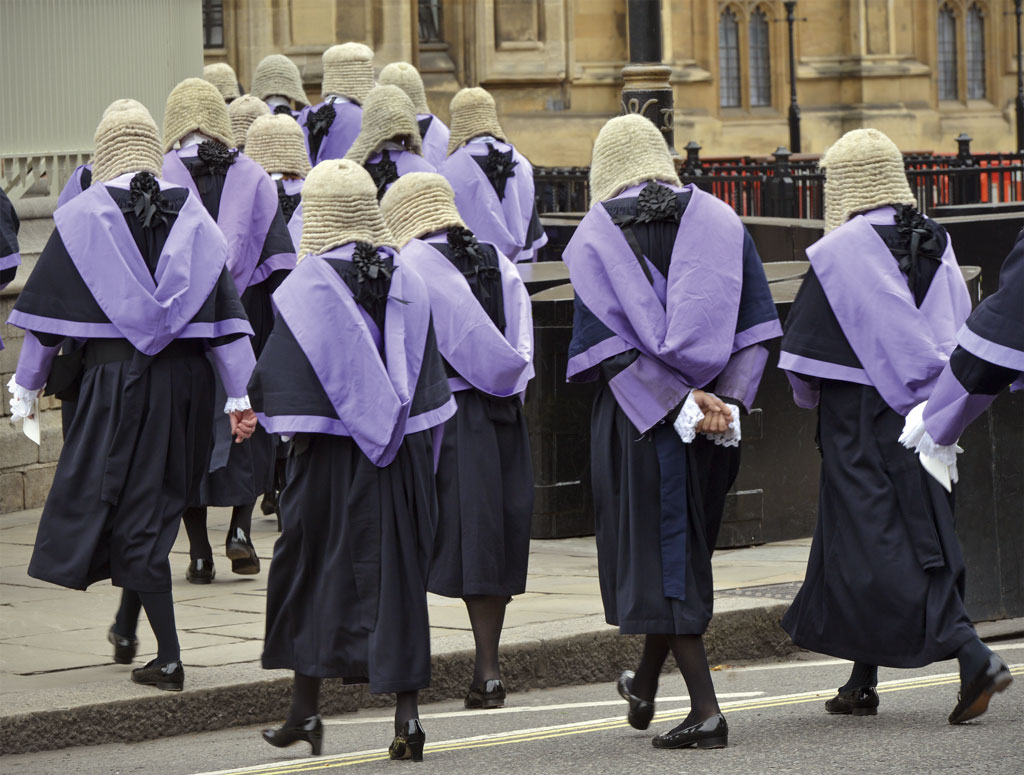
Dominic Regan regards written judgments from the bizarre to the sublime
“Reading and writing boring judgments” was the obstacle to recreation that Lord Justice Ward identified in his entry in Who’s Who. He does himself a great injustice. So many of his decisions, the dreaded Carver v BAA plc [2008] EWCA Civ 412, [2008] 3 All ER 911 apart, read beautifully and ooze commonsense.
I spend my days reading judgments. A good one should be like a short story or even a novella. The problem(s) should be identified, the submissions summarised and then the decision given, supplying a way through the woods.
Denning delights
Anyone who has read a Denning judgment will surely recall that lovely narrative style.”Broadchalke is one of the most pleasing villages in England. Old Herbert Bundy was a farmer there. His home was at Yew Tree Farm. It went back for 300 years. His family had been there for generations. It was his only asset. But he did a very foolish thing. He mortgaged it to the bank.





.tmb-mov69x69.jpg?sfvrsn=961ae4db_1)
95ca96e3d47f4eff8d147c4f0df17c77.tmb-mov69x69.png?sfvrsn=3db5d86b_1)

